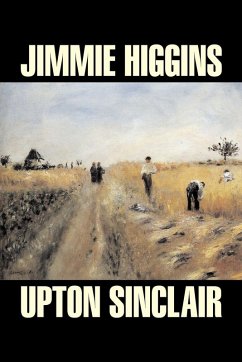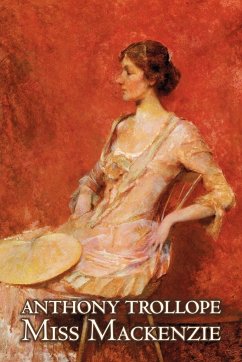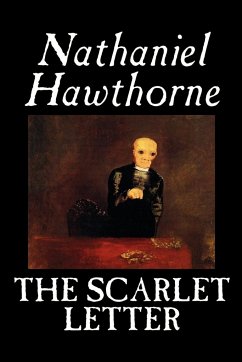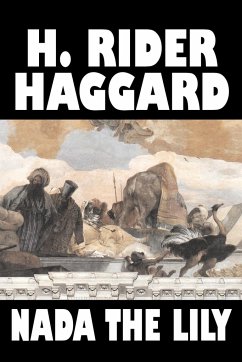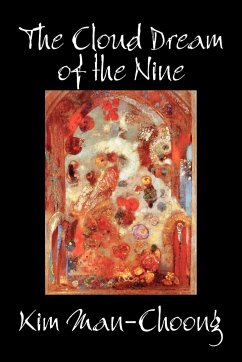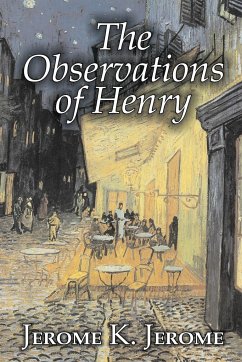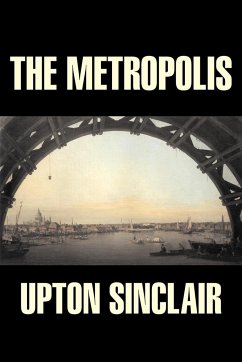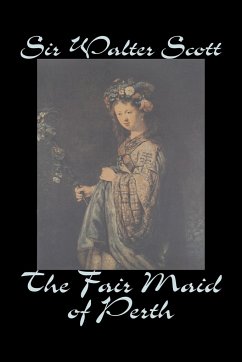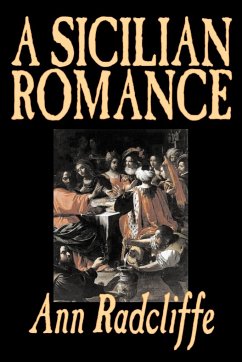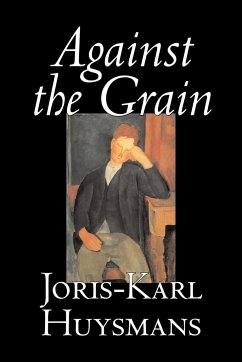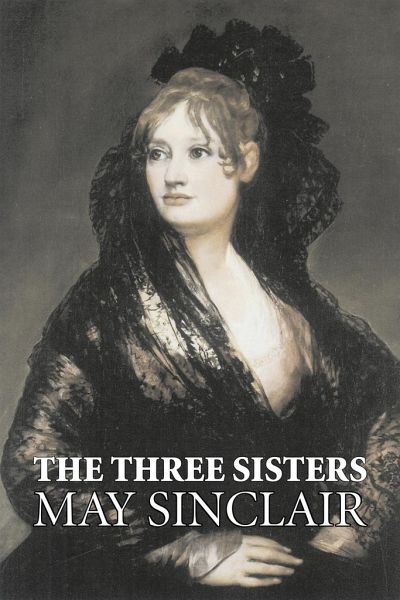
The Three Sisters by May Sinclair, Fiction, Literary, Romance
Versandkostenfrei!
Versandfertig in 1-2 Wochen
17,99 €
inkl. MwSt.

PAYBACK Punkte
9 °P sammeln!
Author, poet, critic, and suffragist Mary Amelia St. Clair was a contemporary of and acquainted with Henry James, Thomas Hardy, Ford Madox Ford, T.S. Eliot, Ezra Pound, and Rebecca West, among others. She served as an ambulance driver in World War I, and produced poetry and fiction based on it. Her novel "Mr. Waddington of Wyk" was a social comedy. "The Three Sisters" is a study in female frustration, as the three sisters of the title try to come to terms with an isolated existence in a remote spot on the moors. It's Sinclair's first psychological novel, drawing upon her interest in the work of Sigmund Freud. It an early example of the transition from classic realism to modernism, Influenced by Imagism, and structured around epiphanies, images and symbols. It's also considered a precursor to her later novels "Mary Oliver" and "Harriet Frean," using knowledge of psychoanalysis and acknowledging the importance of the character's internal reality.





